Creating New Positive Cycles in the Music Industry
From the perspective of "Co-Creation," the "SESSIONS" series features dialogues introducing the efforts of Sony's diverse employees in creating Kando (emotion), based on Sony's Purpose to "fill the world with emotion, through the power of creativity and technology." Through these conversations between Sony employees and our various partners, this series gives a candid look at scenes from real Sony projects, demonstrating the kinds of "Co-Creation" enabled by the combination of Sony's creativity and technology with the efforts of business partners and creators, and the forms of Kando (emotion) these initiatives spread around the world.
This SESSIONS installment features the "Co-Creation" between The Orchard and Sony Music Entertainment in United States.
The Orchard is a wholly-owned subsidiary of Sony Music Entertainment and the leading global distributor of independent music and artist/label services. The music industry is changing at a dizzying pace, as the streaming service market continues to expand, and short-form videos, such as those on TikTok are growing in popularity. As these trends unfold, labels and artists need new platforms that can be used for marketing. We held a conversation between Jacob Fowler of EVP and Chief Product Officer at Sony Music Entertainment in U.S. and Tricia Arnold, EVP, Global Artist/Label Services and Sales at The Orchard.
What is The Orchard?
The Orchard is a full-service music distribution company founded in New York in 1997, now operating in more than 45 cities worldwide, including Japan (as of 2022). The Orchard's comprehensive artist and label services offering harnesses innovative technology, transparent data analysis, and expertise to reach fans and grow audiences. Offerings include digital and physical sales and marketing, advertising, brand partnerships, rights management, video monetization, collaborator splits and royalty accounting, publishing administration and more. Championed by an exceptional community of music lovers and experts, The Orchard empowers creators and entrepreneurs to grow and adapt in the dynamic, global industry.
In 2015, The Orchard became a wholly-owned subsidiary of Sony Music Entertainment, U.S.

PROFILE
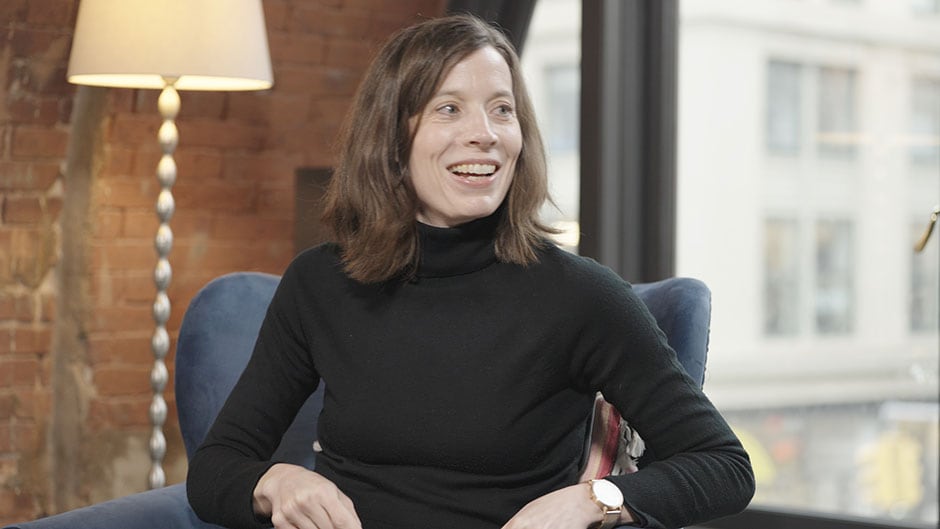
Tricia Arnold,
EVP, Global Artist/Label Services and Sales
The Orchard
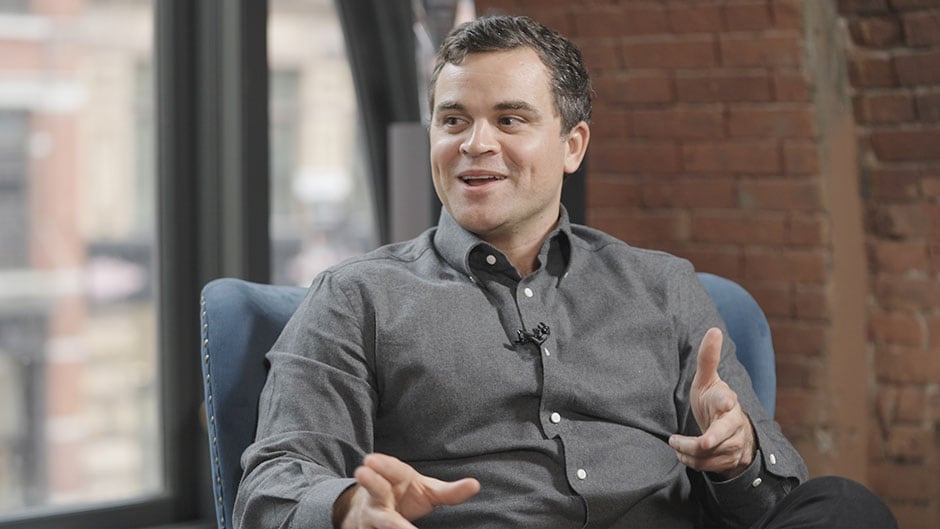
Jacob Fowler,
EVP and Chief Product Officer,
Sony Music Entertainment
Co-Creation of Sony Music Entertainment and The Orchard in U.S.
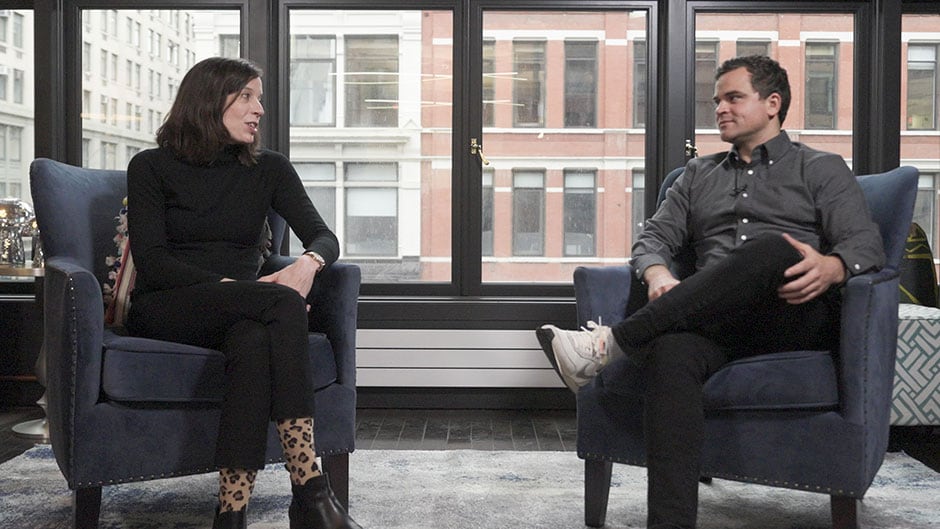
New Global Trends in the Music Industry
-In recent years, the widespread use of digital tools and the evolution of communication speed have made it possible to enjoy music in many different ways, such as CDs, music streaming and subscription services. We asked the discussion participants to tell us about future issues in the music industry.
Jacob Fowler:
I think the industry's always ever evolving. So what we're seeing is this new phenomenon of short form content where consumers - which we don't really control, but that's the market out there - is not listening to entire tracks, such as in 32-second clips that go alongside of video. We've seen it move from YouTube to SoundCloud to TikTok and standard consumption of digital formats such as Spotify or vinyl CDs. I think short form video is a new frontier for a lot of artists and labels. And our job is just to help them navigate that.
Tricia Arnold:
I think it creates more opportunities for more creators to reach more people in different parts of the world. And it creates new challenges because with so much music out there, how do you actually rise above and get people to hear your music and listen to you and not everything else out there? And that's what we really try and focus on as a company. The services that we're providing to people and the ways that we're helping them to support them in best practices and strategy on the releases and how they can actually rise above that noise and connect with audiences so that people can discover their music and engage with them, become fans and buy into them as an artist.

Jacob:
Our end goal is to get artists' music to their fans as fast as possible and so their fans can consume it and then we can react to that. So as an artist, it's ever more important that you know who your fans are and be able to engage with them.
Tricia:
I think that's partially where a company like ours comes into play because people are looking for advice on how to navigate a new frontier in a new landscape. And so that's what we try and do. We really try and be very forward focused and looking at the new technologies that are coming in, embrace them and get our clients and artists prepared on how they can utilize them to reach audiences and create fans. The mix of social and consumption together is data artists can look to and use as a strategy for how to engage with their audience in the future.
-What is necessary for creators to deliver their music to people in the world?
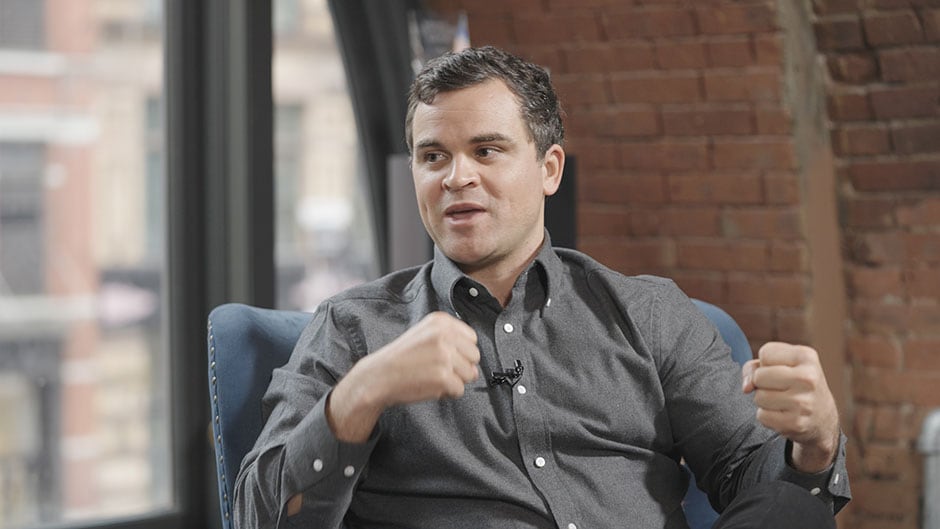
Jacob:
I think the biggest benefit to an artist is if you're working with one distributor who has a global footprint, you're able to work with one partner. You get all of your data in one place, you upload in one spot, and you receive data back in one place. And I think that's really the crux of as an artist is focusing on their music, allowing them to focus on music and not the details.
Tricia:
And you have a partner that's globally invested in your career and developing you in as many places as possible.

-Streaming services are continuing to expand in the music industry. We asked about where this trend is heading.
Jacob:
I think the industry evolves as the expansion of cellular and wireless internet evolves. So as the world adopts more and more of that technology, as cell phone wireless plans become more and more affordable, you'll start to see streaming grow in those markets.
Tricia:
But that also creates more opportunities not just for people to access music in those markets but opportunities for musicians from those markets to get more of an audience and more attention, and the ability to break out of their markets. So all of a sudden, we have the benefit of people sitting in the United States or a different market like that. There's so much more opportunity to hear music coming from Africa, for example, which is really exciting.
-We also asked the participants for advice on tackling the new challenges musicians are facing due to the evolution of the internet and changes in communication.
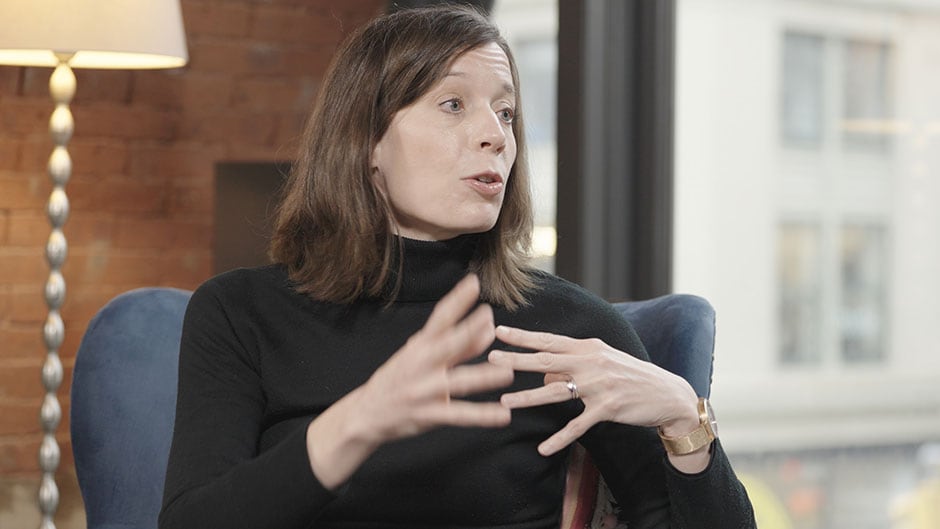
Tricia:
I think the challenge is that music consumption is changing and there's a shift to short-form video. Whereas people are engaging with shorter snippets of songs maybe than they had been in the past. So, there's a challenge in that it's kind of a shift in consumption. But the opportunity, and something that we focus on as a company, is to make sure that we're working with our artists and our labels to best prepare them as changes come up in the industry. And how they can best utilize those changes to get in front of as many audiences as possible. How they can engage with new platforms so that they're still able to create fan bases and rise above and get discovered amongst the other all the other music that's out there.
Jacob:
Yeah, I completely agree. And I think it's just the evolution that we've helped navigate many years with many artists from going in a download-only market to a streaming market to YouTube with music videos to TikTok with short-form content. It's a new, exciting challenge.
Getting Closer to Artists and People Through The Orchard's Technology
We asked if there are already examples of The Orchard being used in the music scene in Japan and around the world.
Tricia:
I think what we really thrive at and enjoy at The Orchard is taking music from countries and all over the world and look for opportunities globally. So there's a couple examples like say "YOASOBI" from Japan.

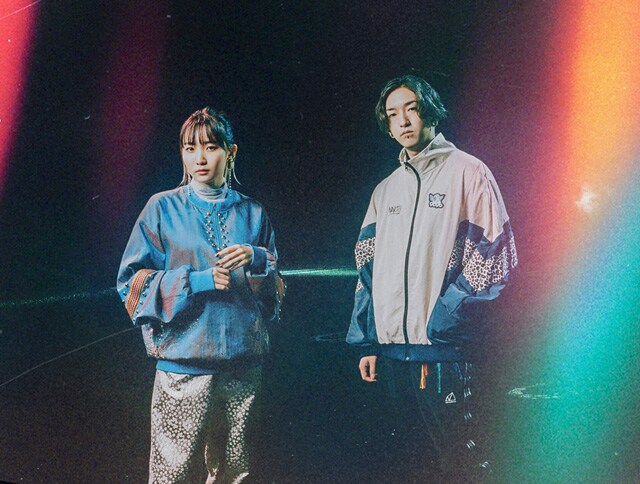
We're really focused on the Japanese market and we started putting out their music globally. In using our tools we saw the data that things were starting to react in unexpected markets. They had a track that was taking off in Latin America and some of the places where we saw K-Pop first take off, for example, and we thought, wow, this is really interesting. So we suggested to them, maybe you should think about recording something in English. So, they started doing some of their songs in English and releasing those, which created more opportunities for us to really try and build them in different markets. But also when they did those English language versions, it became a marketing moment also in Japan because the fans were posting that online and comparing the two right next to each other. It was so interesting and it became a marketing moment there as well.

And similarly with an artist called Eric Nam, who again, was an artist that really leaned into all the different services that we offer and really worked very closely with our team.

How many more opportunities have been created in different markets for music coming from all over. There's an artist that we work with named DPR Ian. We put out his album over the summer and worked very closely with him. And it was just really great and exciting to help these artists build in different ways.
Jacob:
I think it also it touches on the data, technology and products we offer as one part of the strategy. But what you've mentioned with Eric Nam is really what makes The Orchard. The Orchard is the suite of all the services and when they come together you can really make an artist global.
-What advice can The Orchard give artists?
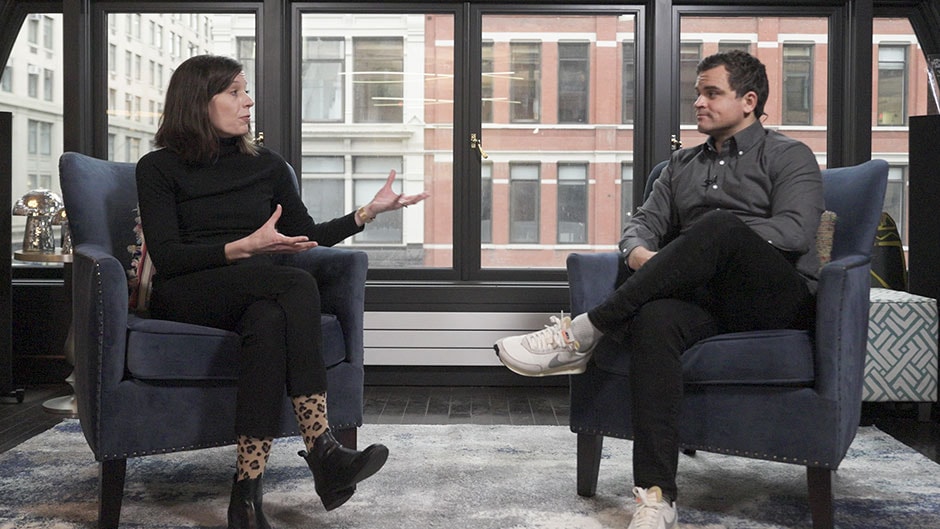
Tricia:
I wouldn't want to say that artists really need to change how they write songs or something like that. Artists are artists; they have a vision and they know how they want their art to be portrayed. But I think it's thinking about ways that you can build upon that to really help maximize your chances given the technology that's out there. Don't compromise your vision as an artist, but think about ways that you can grow that and make it able to be used in in different platforms.
Jacob:
I think our goal is always to nurture the creativity. If there's technology that can help, great. But artists really have a vision, as you said. And so we try to let the artists keep that vision.
The Orchard will allow to see how fans will be able to reach the artist's music.
Jacob:
Yeah. And I think the thing we focus on most is not where fans coming in from, but are they staying fans. So that's really where the focus on the product, the services, everything goes around.
Tricia:
I think that's why it's really important to have a very wide plan of how you're going to reach audiences in different places.
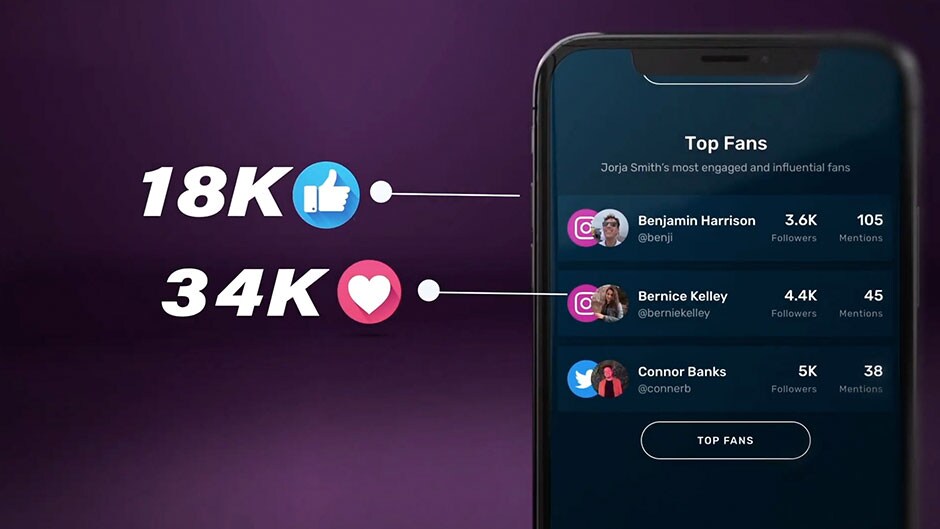
-How can The Orchard expand artists' activities?
Jacob:
The Orchard has a global footprint around the world. And what's most important to us is not only focusing on where an artist is from and focusing on their consumer market in that territory, but how do we make an artist global and how does that impact the entire world and so you're probably best to speak to that.
Tricia:
I think it is all those different opportunities for artists from around the world to be able to reach new audiences and really reach new fans across the world. And I think that's so great and so exciting in a way.
Jacob:
I think that's really what The Orchard aims to do, is to try to take music, make it global, and bring fans together, whether they speak the language or not.
Music and Data-Driven Technology
-How do artists and labels use the data tools offered by The Orchard?

Jacob:
So, all of our labels and artists are really leveraging our Orchard Suite platform, which allows them to run their business. From the standpoint of uploading their content, us then sending that to, let's say, Spotify, who surfaces it to the entire world to be able to consume that music, the client will then get data back on a daily basis and royalties at the end of the month.
And really what the team's focus is on is providing tools for our artists and labels to understand that data, to see what markets they are getting the most streams from, and what playlists are contributing to a growth in consumption.
Tricia:
Yeah, and you have those very simple tools in front of you with all of that data coming in that you can really analyze your business. What more can I be doing in that territory to really help that grow? And then you can plan where you want to go in your tours and different things like that. Again, just exactly what's happening in every market around the world that you need to react to so that you can continue to grow.
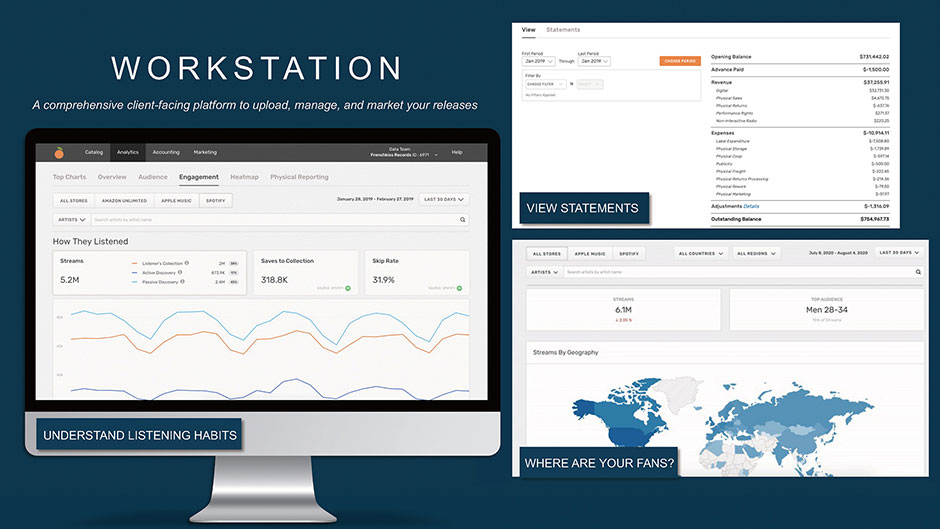
Jacob:
It's all about transparency of data. There's so much data out there. How are we transparent with it and how do we make it digestible.
Tricia:
We also bring in social metrics so you can look at that to see that maybe something is starting to trend in this market and now it's time that you want to put some marketing money or advertising money into that territory because that becomes an opportunity for you to further grow your audience.
Jacob:
Yeah. And I think it's ultimately about how is an artist being impacted. So we'll not only show you how you're trending in that territory, how many consumers are uploading videos using that song on TikTok and then what that starts to actually drive is those consumers are going to Spotify to listen to more of your music, which we track and show you. How are your streams improving in a territory or globally because of the TikTok growth and then ultimately we also show you how is that impacting your social following.
Jacob:
It's important to note that The Orchard works with labels and artists and what we help artists do is upload their content to our platform and then we make sure that that gets out to every end user in the world.
Tricia:
You're just creating as many opportunities for fans to hear new music and hear your music as possible.
The Sony Music Ecosystem
-Can you describe the ecosystem provided by Sony Music?
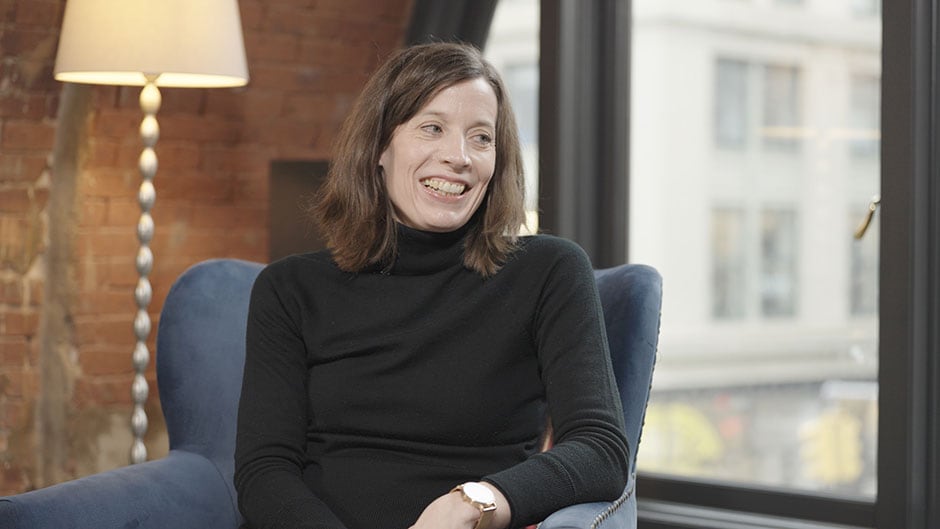
Tricia:
The Sony ecosystem, there's been so many different opportunities for us as The Orchard to work with some of our partners within the Sony Music family to really help best serve our clients. We work with Epic and RCA and Columbia on different projects, maybe offering services that we at The Orchard don't have in-house. They might do radio on different projects and things like that. So being a part of the Sony family allows us to create those opportunities for our artists and labels as the need arises.
Jacob:
And I think another great example is the partnership The Orchard has with Sony Music Publishing Group. So just trying to work as much as possible with the different Sony Music entities to see what can benefit artists and labels at The Orchard.
What is "Co-Creation" for Sony?
-About the participants discussed "Co-Creation," in which Sony Music works hand in hand with The Orchard in the music industry.
Jacob:
I think what we're trying to do with both your role and my role is focus on how do we co-create and how do we bring Kando (emotion) into the world. What I'm really trying to do is bring products and technology into the creative space. And ultimately, I think what you're providing is a co-creation with me.
Tricia:
Yeah. And reach as many, many people in communities across the world.


